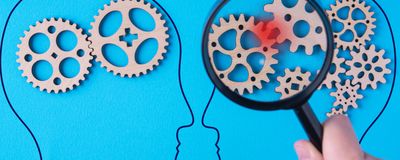brain science
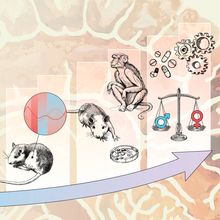
Infographic: Bridging the Sex Bias Gap
Laura Tran, PhD | Sep 13, 2024 | 3 min read
Researchers challenge a male-dominated field and advocate for more representation of female subjects.
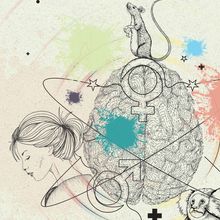
XX Marks the Spot: Addressing Sex Bias in Neuroscience
Laura Tran, PhD | Sep 13, 2024 | 10+ min read
For years, neuroscience research overlooked female subjects, creating a significant bias. Today, researchers actively rebalance the scales with more inclusive and diverse studies.
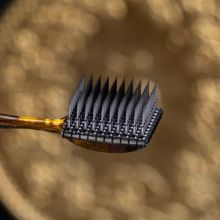
Brain Implant Allows Completely Paralyzed Patient to Communicate
Natalia Mesa, PhD | Mar 24, 2022 | 4 min read
The patient, who has ALS, is able to communicate in complete sentences by deliberately altering his brain’s activity.
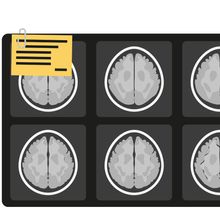
Power Shortages Dim Results of Many Neuroimaging Studies
Angie Voyles Askham, Spectrum | Mar 17, 2022 | 4 min read
Low participant numbers render the results of many studies based on brain scans unreliable, an analysis finds.
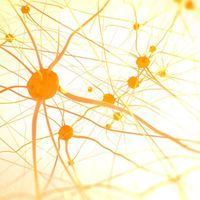
Addictive Behavior Control Circuit Discovered in Rat Brains
Lisa Winter | Jan 3, 2020 | 2 min read
Some rats showed a decrease in addictive tendencies when researchers activated the pathway, while the behavior of others became more addictive when the pathway was inhibited.
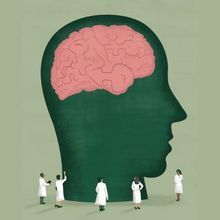
Are the Brains of Transgender People Different from Those of Cisgender People?
Shawna Williams | Mar 1, 2018 | 10+ min read
Research into the biological basis of gender identity is in its infancy, but clues are beginning to emerge.
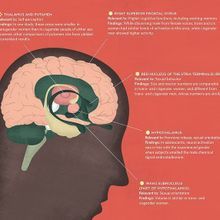
Infographic: Searching for the Neural Basis of Gender
Shawna Williams | Feb 28, 2018 | 1 min read
Brain studies have yielded a mixed picture of the neural similarities and differences between people of different genders.

Mapping Brain Proteins
Devika G. Bansal | Feb 1, 2018 | 7 min read
Researchers are using souped-up mass spectrometry to localize proteins within brain cells.
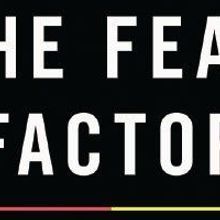
The Benefits of Trepidation
Abigail Marsh | Nov 1, 2017 | 3 min read
While wiping fear from our brains may seem attractive, the emotion is an essential part of our behavioral repertoire.

Kyle Smith Shines a Light on Addiction
Shawna Williams | Nov 1, 2017 | 3 min read
The Dartmouth College professor uses optogenetics to probe the neurological routes of habitual behavior.

Three Dartmouth Scientists Being Investigated for Sexual Misconduct
Catherine Offord | Oct 31, 2017 | 2 min read
The professors, all faculty members in the college’s department of psychology and brain sciences, have been placed on paid leave.

Meeting BRAMS
The Scientist | Feb 28, 2017 | 1 min read
Visit the International Laboratory for Brain, Music and Sound Research, located in Montreal, to see the research seeking to decipher humans’ relationship to music.
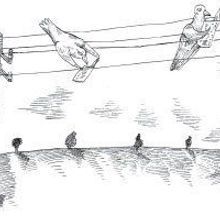
Birds Have Skills Previously Described as “Uniquely Human”
Jef Akst | Dec 1, 2016 | 3 min read
Scientists are enlisting the help of pigeons, parrots, crows, jays, and other species to disprove the notion that human cognitive abilities are beyond those of other animals.
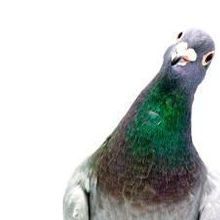
Slideshow: Nerdy Birdies
The Scientist | Nov 30, 2016 | 1 min read
Meet the pigeons that are redefining what it means to behave like a human by displaying remarkable pattern recognition abilities.

Contributors
The Scientist | Sep 1, 2016 | 3 min read
Meet some of the people featured in the September 2016 issue of The Scientist

Multiple Sclerosis: Is Yawning a Warning?
Benjamin Skuse | Sep 1, 2016 | 4 min read
Neuropsychologist Simon Thompson found a possible link between yawning and multiple sclerosis. So what better way to get under the skin of his research than volunteering to take part in one of his experiments?
